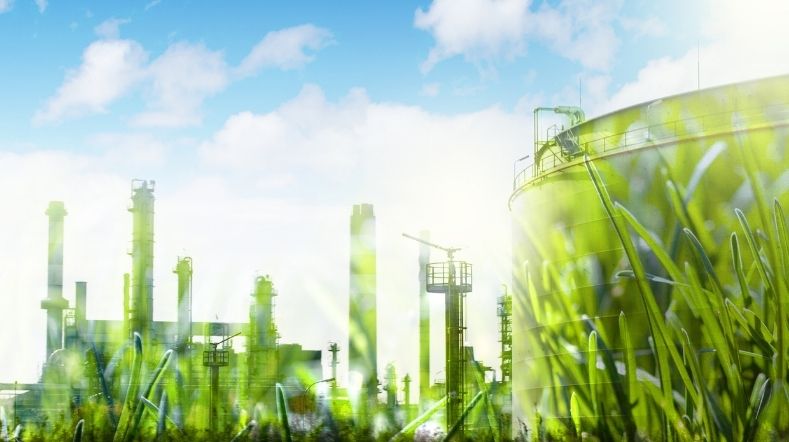EMPHatiCaL: towards zero emissions and circular carbon in metallurgy
Status project
2024 - present
In cooperation with
17 partners in knowledge, technology, end-users, and service providers
To approach the challenges faced by the metallurgical industry in reducing carbon dependence and difficult-to-abate emissions, TNO and seventeen key partners launched the EMPHatiCaL project. This project aims to provide a cost-effective, sustainable solution, integrating renewable energy and circular processes to transform CO₂ into valuable products like methanol. This approach will help the industry transition to net-zero emissions and carbon circularity by 2050.
Innovative CO2 solutions
As project coordinator, TNO plays a leading role in this project by leveraging its expertise in applied science and technology to innovate, investigate, and orchestrate the development of a groundbreaking demonstrator plant that will showcase the economic and environmental benefits of an electrified metallurgical industry and methanol production.
We will use innovative methods to capture gases containing residual CO and CO₂ from highly electrified metallurgical processes. By integrating energy-efficient technologies, the captured CO₂ will be purified and converted into e-methanol, using green hydrogen as a power source. This project not only aims to reduce emissions but also to prove that sustainable and circular practices in the metallurgical industry are both feasible and beneficial.
Showcasing groundbreaking technologies in metallurgy
'The EMPHatiCaL consortium is committed to a more sustainable future for the metallurgical industry by turning industrial CO₂ emissions into valuable e-methanol using cutting-edge technologies,' says Yvonne van Delft, TNO, EMPHatiCaLProject Coordinator.
'By integrating renewable energy, circular processes, and innovative CO₂ capture, we are tackling some of the toughest challenges of the metallurgical industry. With our demonstrator, we’re proving that the path to net-zero is not only possible but economical and scalable!'
EMPHatiCaL will demonstrate its concept, advancing it from TRL 5 to TRL 7, with the goal of reducing specific energy consumption and production costs by 25%. Risks are addressed early, with each unit able to operate independently, ensuring immediate performance and efficiency gains.
The optimal process will be demonstrated by SWERIM at the Lulea test site using two types of residual gases:
- From secondary steel production in an Electric Arc Furnace (EAF),
- From submerged arc furnaces (SAF) in ferrochrome alloy production.
The successful demonstration will lay the critical stepping stone for the construction of a FOAK plant within a timeframe of 4 years, targeting a reduction of 41 million tons of CO₂ annually by 2050. A comprehensive assessment of economic and environmental impacts will guide the project’s development and demonstrate its long-term viability.
Consortium and partners
The project consortium, led by TNO, includes 17 key partners focused on developing the economic potential and sustainability of electrified metallurgical and methanol production. These include:
- 11 knowledge providers from across Europe (TNO, Politecnico di Milano, TU Delft, CSIC, CIRCE, SWERIM, DLR, LEAP, INERIS, Comillas Pontifical University, and UCL);
- 2 technology providers to design, procure, and construct the demonstrator (Bright Renewables, Sumitomo SHI FW [Finland, Poland, Sweden]);
- 2 end-users consisting of one steel and one alloy producer (Vargön Alloys AB and CELSA);
- 2 service providers focusing on LCA and communication and dissemination (CARE FOR Engineering and CO₂ Value Europe).
- Acknowledgements The EMPHATICAL project has received funding from the European Commission under the Horizon Europe programme Ref: 101177725.
Get inspired
Sunlight-driven technology for sustainable chemistry and solar fuels


The energy system of the future


Project to strengthen Dutch-Brazilian collaboration for energy transition


E-fuels and biofuels: key to a climate-neutral industry and transport

CO2 storage


